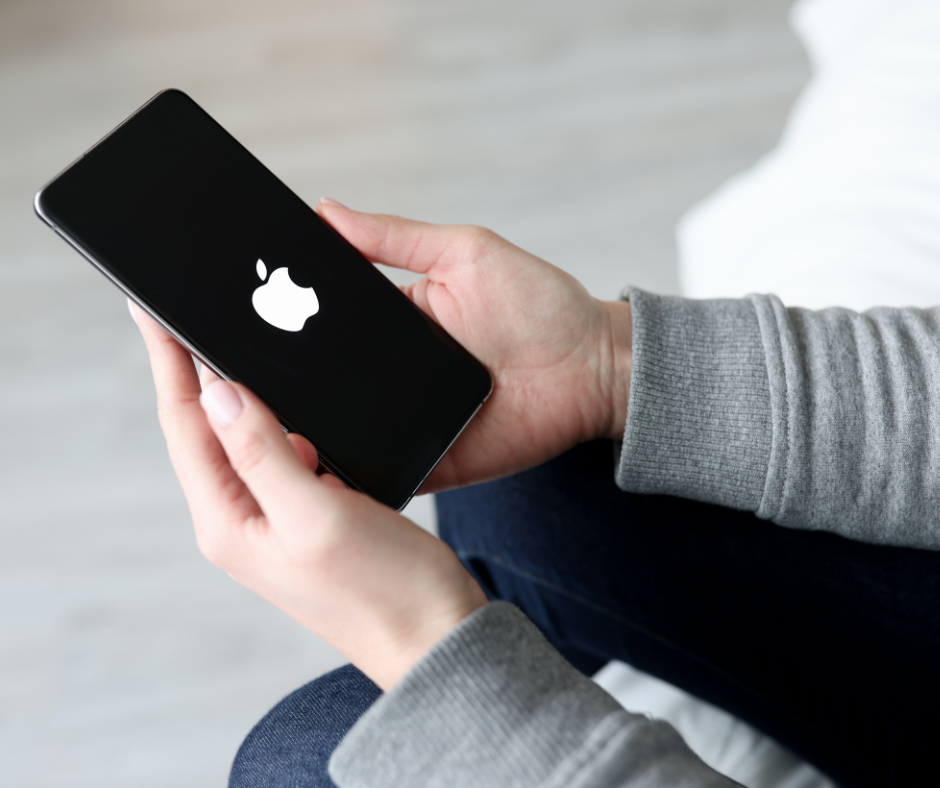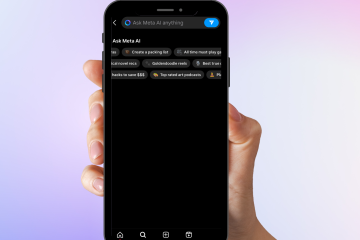
Sometimes, in business, keeping a low profile is not a sign of being behind in the race and needing to catch up.
In fact, there can be virtues in keeping your head down and focused on your work while your competitors loudly make a whole lot of noise about how their latest product and service is the latest and greatest available.
All the while, the low-profiler can keep attention trained on those supposedly latest and greatest products and/or services to inform the efforts done out of the white-hot center of the industry’s attention.
Apple’s Low-Profile Approach to Gaining Market Dominance
For some time now, this has been the exact strategy that Apple, one of the most successful companies in the history of commerce, has stuck to.
An example of this slow-and-steady sangfroid on the part of Apple is how it managed to stay out of the mobile phone market until it developed a true competition-killer.
That came in the form of the iPhone, which, after more than a decade-and-a-half after its first iteration’s induction, has still managed to retain the throne of being the go-to mobile phone for just so, so many consumers around the world.
Apple’s Venture into A.I. Will Likely Be Strong
And this is why a number of analysts who cover artificial intelligence do not buy for a second that Apple has somehow been an uncharacteristic slouch–although some do think the company is indeed behind– when it comes to developing what many loudly proclaim to be the latest and greatest technological development of the past century or so.
The strategy here is to keep things under wraps and pursue a sort of obsessive perfectionist in-house R & D quest with little leaks to the media or outside world at all. Only once the company is sure it has something pretty great does it come out with its potentially killer app.
Occasionally it does jump the gun, but that can be for bigger reasons than just having a product that people do not like. For instance, the Apple VR goggles may be fine products, but the fact of the matter is that people just do not seem ready yet for strapping on VR goggles on a regular basis, especially at such a high price, despite the pushes from other high-profile tech companies like Meta.
But industry analysts are now getting inklings here and there about Apple’s A.I. ambitions, namely in the form of an A.I. service called “Ask”.
What Is Apple Ask?
Apparently this is perhaps just one among many of the A.I. projects that Apple has got going right now.
Based on the name alone, it is easy to infer the conclusion that this is probably meant to be a straightforward chatbot along the lines of ChatGPT.
It would be odd to think that it is simply an ask-and-answer information retrieval A.I., as Apple already has such a service in the form of Siri.
So, “Ask” is likely a magic-genie generative A.I. platform that will offer you more than just directions to that new pizza place near your house that you have been hearing good things about lately.
Basically, it would be reasonable to expect that Ask is an A.I. project that will evolve Siri into a next-level A.I. assistant with the Swiss Army Knife capabilities of a ChatGPT-style platform.
What Could Ask Do for A Business Owner?
Well, as the section above predicted, Ask will likely lead to an Apple A.I. platform that will function as a true competitor to ChatGPT and Google’s Gemini and Anthropic’s Claude and the like.
So, imagine asking Siri to create an essay for you about the movements of the giant ground sloth across the North American continent in eons past.
Perhaps this Ask feature will have all the additional bells and whistles of other evolving generative A.I. platforms, like generating images and sound and–maybe, just maybe–video as well.
If that is so, then business owners will have quite a lot of tools at their disposal.
The Potential Impact of Ask on the A.I. Industry
It is a very interesting question indeed.
Much of the success of Apple here relies on the high-pressure need to succeed, and succeed well.
Google has become stuck in something of a trial-and-error rut with its generative A.I. efforts over the past year or so.
First, Bard (which has now been supplanted by Gemini) was brought back to the drawing board after generating offensive content.
Then Gemini’s generated images were criticized because people were able to create quite offensive content from it.
If such a controversy happens to Apple Ask, then that could be a major blow to the tech company.
For this reason, Apple is going to need to stick to its historically perfectionist principles before releasing a powerful generative A.I. platform to the world.
If it really does succeed, then the sheer number of iPhone users in the world could make Apple Ask the most-used generative A.I. platform, surpassing ChatGPT. That would be quite a feat, indeed.





